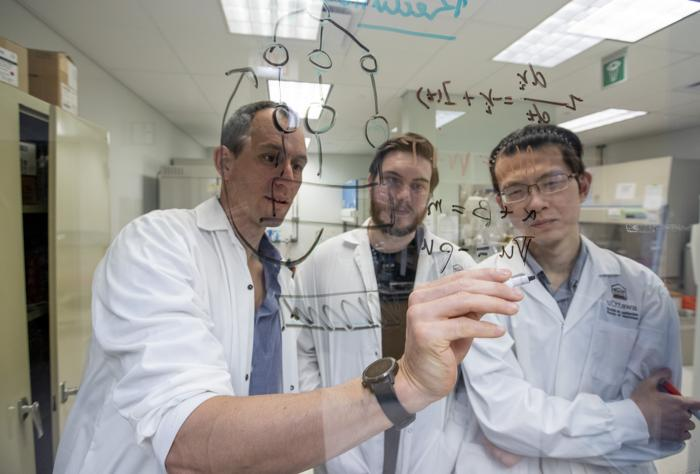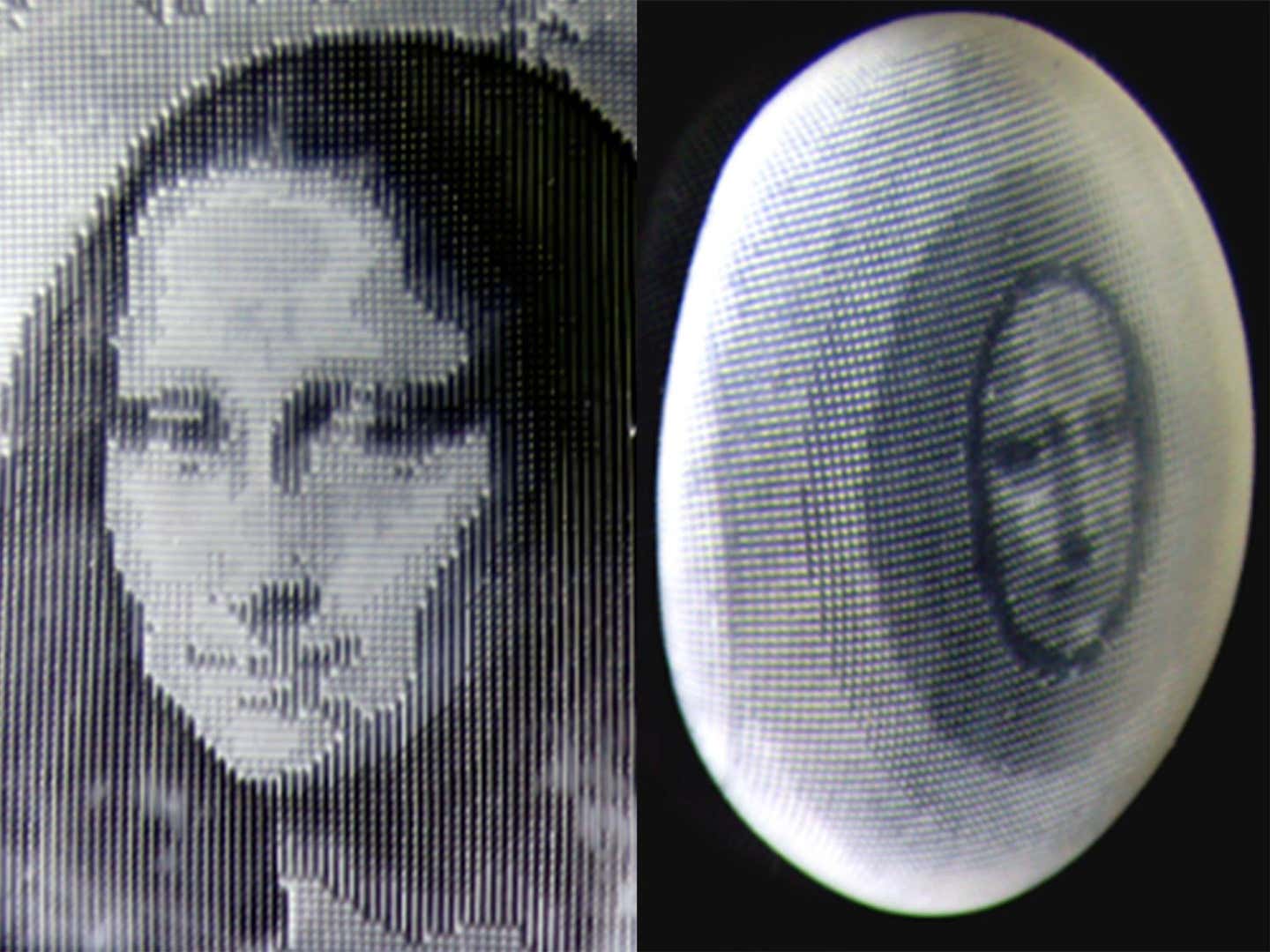Breakthrough research unlocks secrets of the human brain
Study delves into the implications for our understanding of learning, working memory, and even the development of artificial intelligence.

[Jan. 18, 2024: JD Shavit, The Brighter Side of News]
Dr. Richard Naud (left), an Associate Professor at the University of Ottawa's Faculty of Medicine’s Department of Cellular and Molecular Medicine and the uOttawa Department of Physics. (CREDIT: University of Ottawa)
The human brain, a complex and intricate organ, continues to be a source of fascination for scientists and researchers. It is a remarkable mystery that has captivated the minds of many, and Dr. Richard Naud, a distinguished scientist from the University of Ottawa's Faculty of Medicine, has embarked on a groundbreaking study that promises to shed light on some of its enigmatic workings.
The study, recently published in Nature Computational Science, delves into the intricacies of neuronal response variability, a fundamental aspect of brain function with far-reaching implications for our understanding of learning, working memory, and even the development of artificial intelligence (AI).
At the heart of Dr. Naud's research lies the enigmatic phenomenon of "response variability" in neurons, the building blocks of the brain. Neurons are remarkable cells that use a combination of electrical signals and chemical processes to transmit and process information, ultimately giving rise to our conscious experiences.
Dr. Naud's study sets out to unravel the mysteries surrounding the control of neuronal response variability, a critical factor in synaptic plasticity and the brain's adaptability.
Related Stories
In his pursuit of understanding this complex process, Dr. Naud focused on dendrites, the tree-like structures extending from each neuron. These dendrites serve as antennas, receiving synaptic inputs and playing a vital role in our personal neural communication networks.
"The intensity of a neuron's response is controlled by inputs to its core, but the variability of a neuron's response is controlled by the inputs to its little antennas – the dendrites," explains Dr. Naud, an Associate Professor at the Faculty of Medicine's Department of Cellular and Molecular Medicine and the uOttawa Department of Physics. "This study establishes more precisely how single neurons can have this crucial property of controlling response variability with their inputs."
Dr. Naud's hypothesis hinged on the idea that extending a mathematical framework, previously used to describe the cell body of neurons, to incorporate dendrites might offer new insights and potentially lead to more efficient simulations of networks of neurons with active dendrites.
Dendritic control of overdispersion is observed for a wide range of dendritic spike amplitudes and durations. (CREDIT: University of Ottawa)
To address the theoretical challenges and complex mathematical computations required, he enlisted the help of Zachary Friedenberger, a PhD student in the Department of Physics and a member of Dr. Naud's lab with a background in theoretical physics.
Friedenberger's exceptional contributions allowed the team to surmount theoretical hurdles at an astonishing pace. "He managed to solve the math in a record time and solved a number of theoretical challenges I had not foreseen," Dr. Naud acknowledges.
Three operational regimes. (CREDIT: Nature Computational Science)
The resulting model predictions were subsequently validated through the analysis of in vivo recording data, confirming the model's accuracy across a wide range of parameters.
Dr. Naud's study doesn't just remain confined to the realm of theoretical neuroscience; it has broader implications that resonate with computational and experimental neuroscientists. One of the reviewers of the work noted that the theoretical analysis "provides key insight into biological computation and will be of interest to a broad audience of computational and experimental neuroscientists."
The significance of this research extends beyond the laboratory walls. By deciphering the mechanisms governing neuronal response variability, Dr. Naud's work opens doors to a deeper understanding of how our brains process information and adapt to changing circumstances.
Experimental validation. (CREDIT: Nature Computational Science)
Moreover, it offers potential insights that could influence the development of artificial intelligence, as AI developers and programmers closely monitor the work of leading neuroscientists like Dr. Naud.
As we continue to peer into the inner workings of our most complex organ, one thing remains clear: the brain's secrets are gradually unfolding, one discovery at a time.
Note: Materials provided above by The Brighter Side of News. Content may be edited for style and length.
Like these kind of feel good stories? Get the Brighter Side of News' newsletter.



